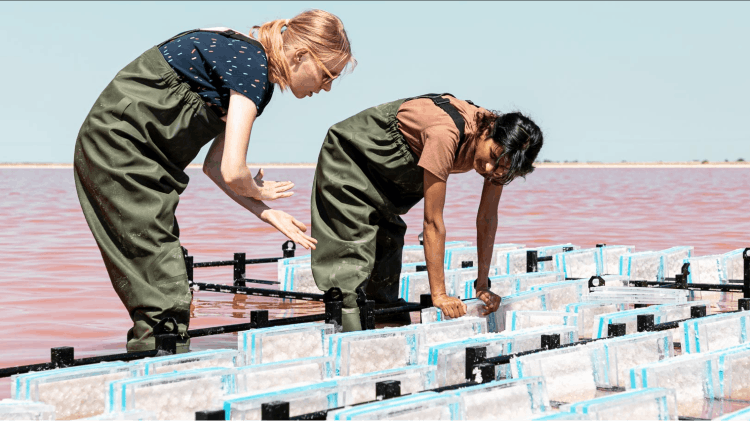If everyone in the developed world donated £30 a year, it would be enough to tackle world hunger, according to United Nations and Oxfam America. Research carried out in 2019, by Harvard University political scientist Erica Chenoweth revealed that it would only take 3.5% of the population protesting to bring about major political change.
“This is the power of marginal gains,” says Pearlfisher materials and sustainability lead Suzy Shelley.
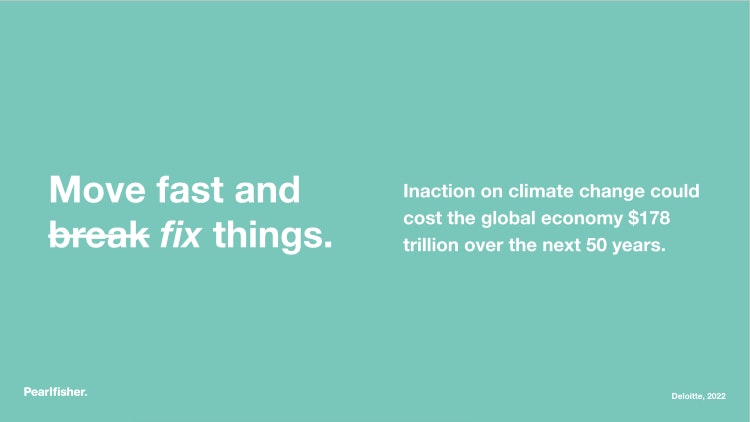
Shelley believes the era of “move fast and break things” – famously said by Mark Zuckerburg – is coming to an end as it can lead to “big mistakes”. Fear of making mistakes is often why companies are intimidated by “big sustainability changes”, says Shelley, which ultimately leads to “inaction”.
Evidently, this is something the human race cannot afford, as a report from the Deloitte Centre for Sustainable Progress (DCSP) revealed that inaction when it comes to climate change could cost the global economy £139 trillion over the next 50 years. “Consistent evolution is precisely what’s needed” in the form of “small incremental gains”, says Shelley.
“Brands don’t know how or where to start”
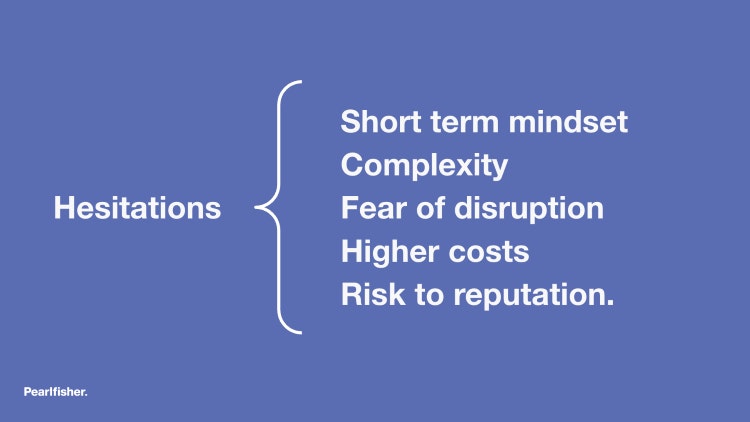
On the client side, Shelley says there are “many hesitations”, some of which stem from “a human tendency to focus on short-term goals”. She also recognises that sustainability is perceived as “inherently complex”, so “brands don’t know how or where to start”.
Other potential fears include “disruption to complex supply chains and logistics”, perception of high cost, and “risk to reputation”, says Shelley. In her view, the “power of small change” counters these challenges and fears.
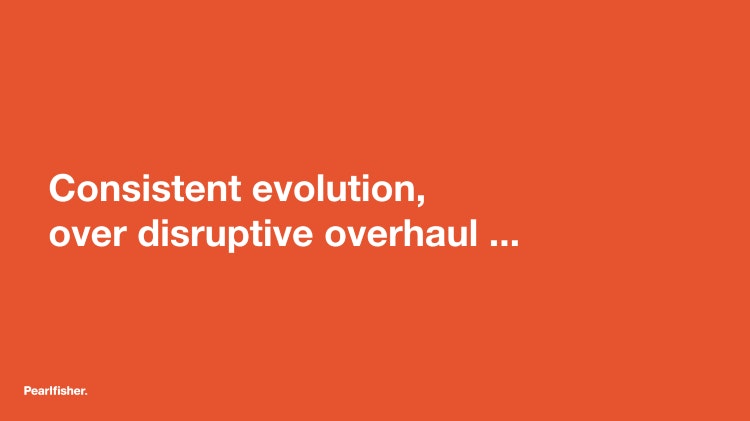
She urges both designers and clients to “think about sustainability from the start” and look in detail at the smaller things “like inks, finishes, substrates, weight, glues and even the size of a label or pack”. Designers shouldn’t be afraid to “make suggestions to clients” but they must also work with manufacturers and suppliers “to make sure that their ideas are realistic”, says Shelley.
Pre-empting consumer reactions is also important as “packaging or product that is [more sustainable] but has a worse experience is not good enough”, she adds, explaining that “to persuade consumers to make better choices you have to increase desire and reduce friction”.
“Luxury leads the way”

When considering the future of sustainability and sustainable packaging, Shelley believes that “luxury leads the way”. In 2017 – a time when codes of luxury were generally “ornate, embellished and excessive”, according to Shelley – Chanel launched its Gabrielle fragrance for women.
Although Gabrielle wasn’t a sustainability project, Shelley says the design involved an “ultra-thin, very delicate piece of glass”, shifting the perception of beauty and luxury. Now, six years on, luxury is “lightweight and minimalist”, she adds.
“Don’t disregard the small things”
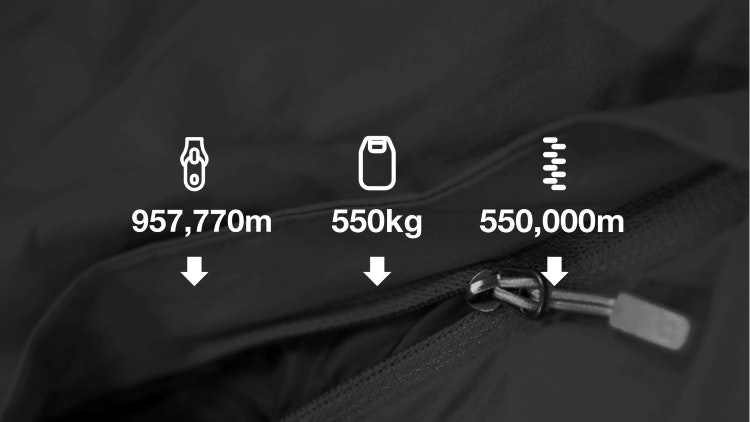
British companies Rab and Low Alpine went carbon neutral in 2020 but wanted to “accelerate progress” further by leaving “no stone unturned” when it came to product development, says Shelley. This involved looking at all details like zippers, pull cords and sewing thread.
Changing the pull cord on the zippers to recycled cord meant almost one million metres of recycled cord was used, while the zippers themselves were also changed to recycled materials. Research also revealed that consumers were not using the stuff sacks supplied with the products, so the company selectively removed them, saving 550kg of plastic.
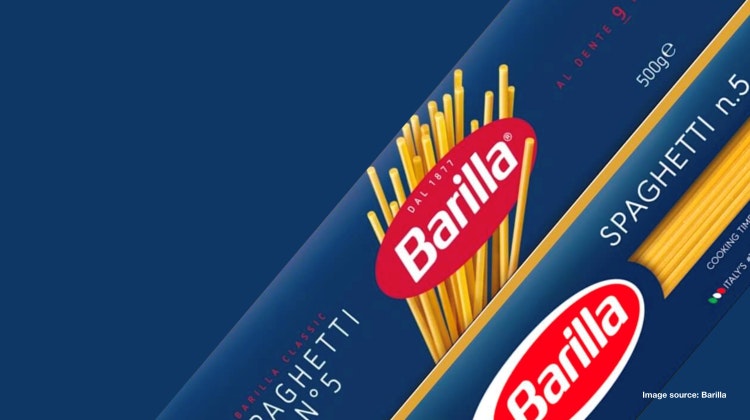
In 2022, pasta brand Barilla removed the plastic window from packaging, removing around 126kg of plastic per year from its waste stream.
“Small changes can help you get that foot in the door that shifts behaviours,” says Shelley. Her final piece of advice is “don’t disregard the small things, harness the power of collaboration, and start small and start now”.
Featured image credit: Chaosamran_Studio on Shutterstock

- Design disciplines in this article
- Industries in this article








